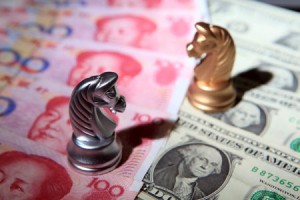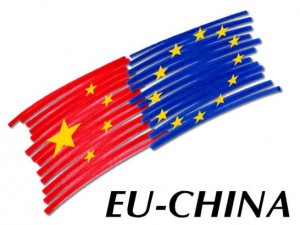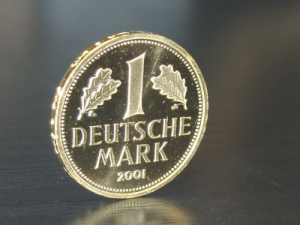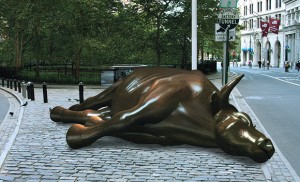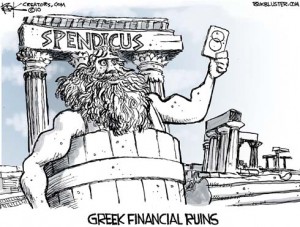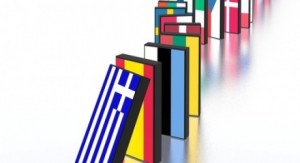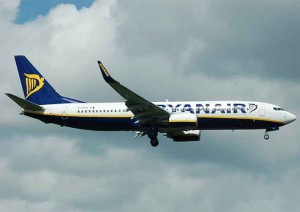Cannes Summit: A Tale of Two Cities
 The sixth G-20 meeting proceeded successfully in the sceneful French city of Cannes. Tackling an unprecedented global recession, leaders of the world banded together once more seeking feasible solutions. But as some have already pointed out, the summit is becoming increasingly lateral, culminating to a personal conference between the world’s two foremost powers: Washington and Beijing.
The sixth G-20 meeting proceeded successfully in the sceneful French city of Cannes. Tackling an unprecedented global recession, leaders of the world banded together once more seeking feasible solutions. But as some have already pointed out, the summit is becoming increasingly lateral, culminating to a personal conference between the world’s two foremost powers: Washington and Beijing.
Obama, in an effort to both booster domestic support and pulling the sluggering economy back to its track, heavily critized China for its pouching of US intelletual property and artificially undervaluing its currency, creating a massive trade deficit in China’s favour. Hu responded by stressing that China’s currency is not the sole cause of a stagnant American market, and a much needed mutual understanding would serve both countries’ interests.
Did Hu have a point? Maybe. But Obama certainly had his as well. For years, Beijing has kept its currency at a level more or less fixed to the US dollar rather than reflecting its true market value. Experts have estimated that the yuan is undervalued as much 40% against the dollar. Despite having risen by almost 10% in the past 5 years, the yuan’s true value is still underappreciated. Given China’s current status as America’s largest creditor, a full-on open assault would no neither side any good. However, it would be interesting to see how the issue unfolds in the foreseeable future.
Images courtesy of http://news.xinhuanet.com/english2010/photo/2011-11/03/c_131228392.htm and http://www.wantchinatimes.com/newsphoto/2011-02-12/450/CFP410995346-141125_copy1.jpg, in order of precedence.

